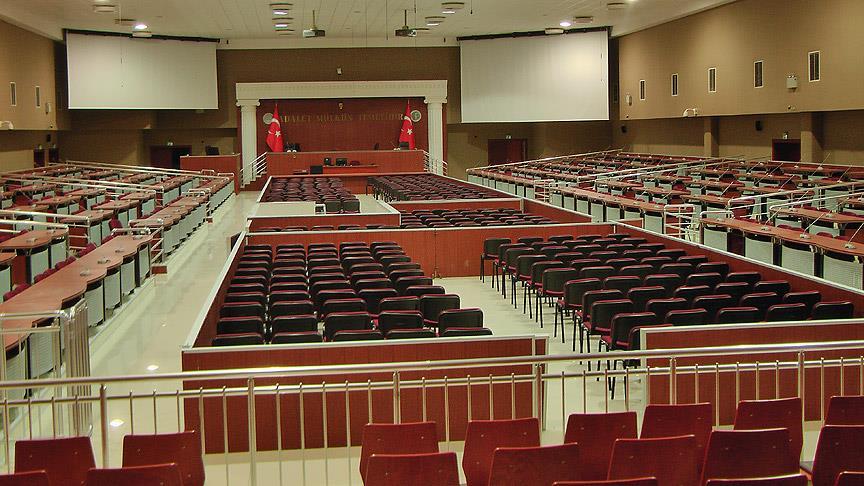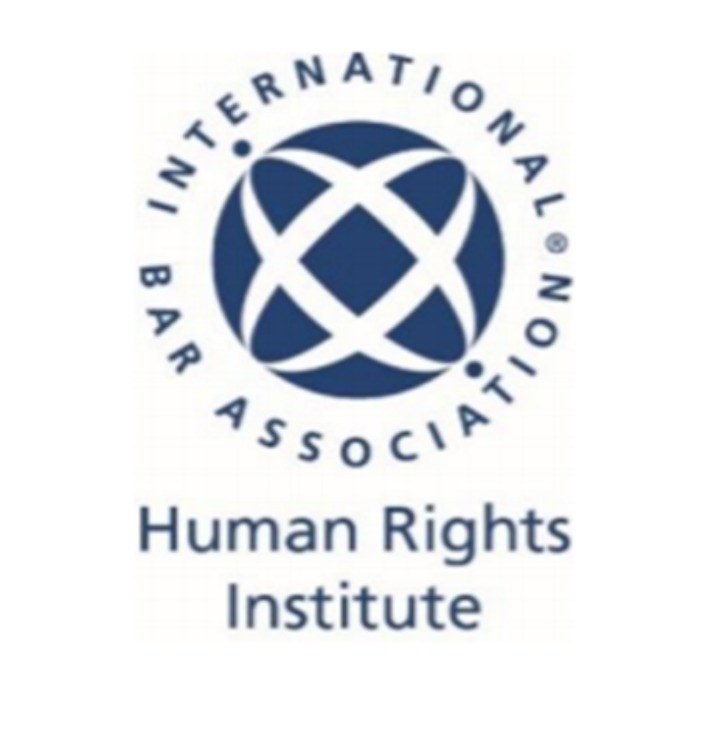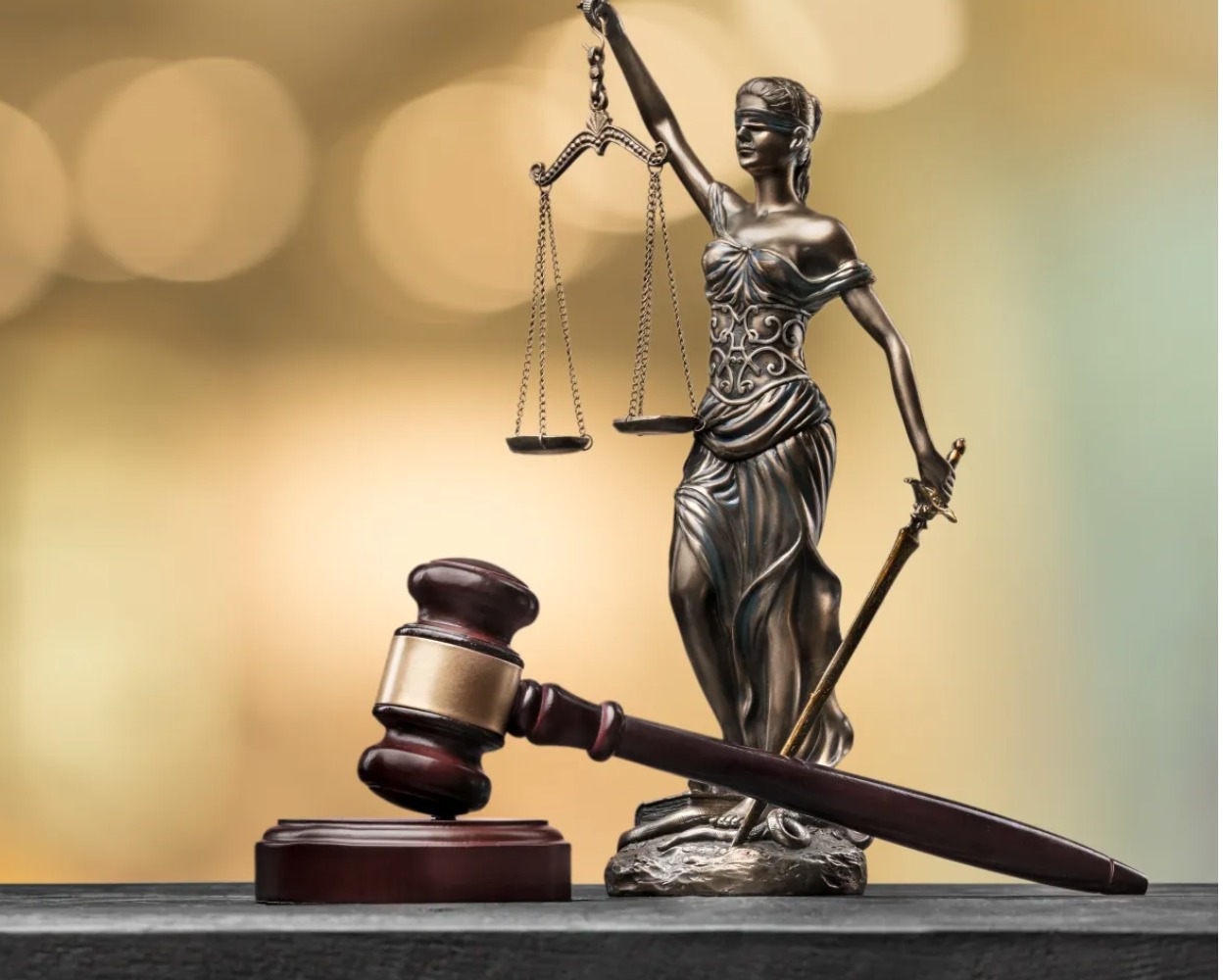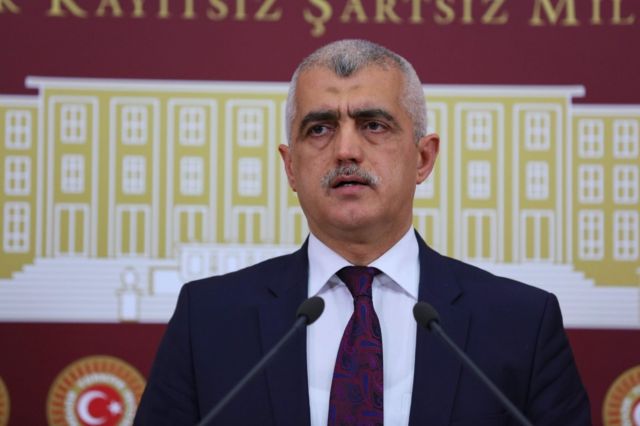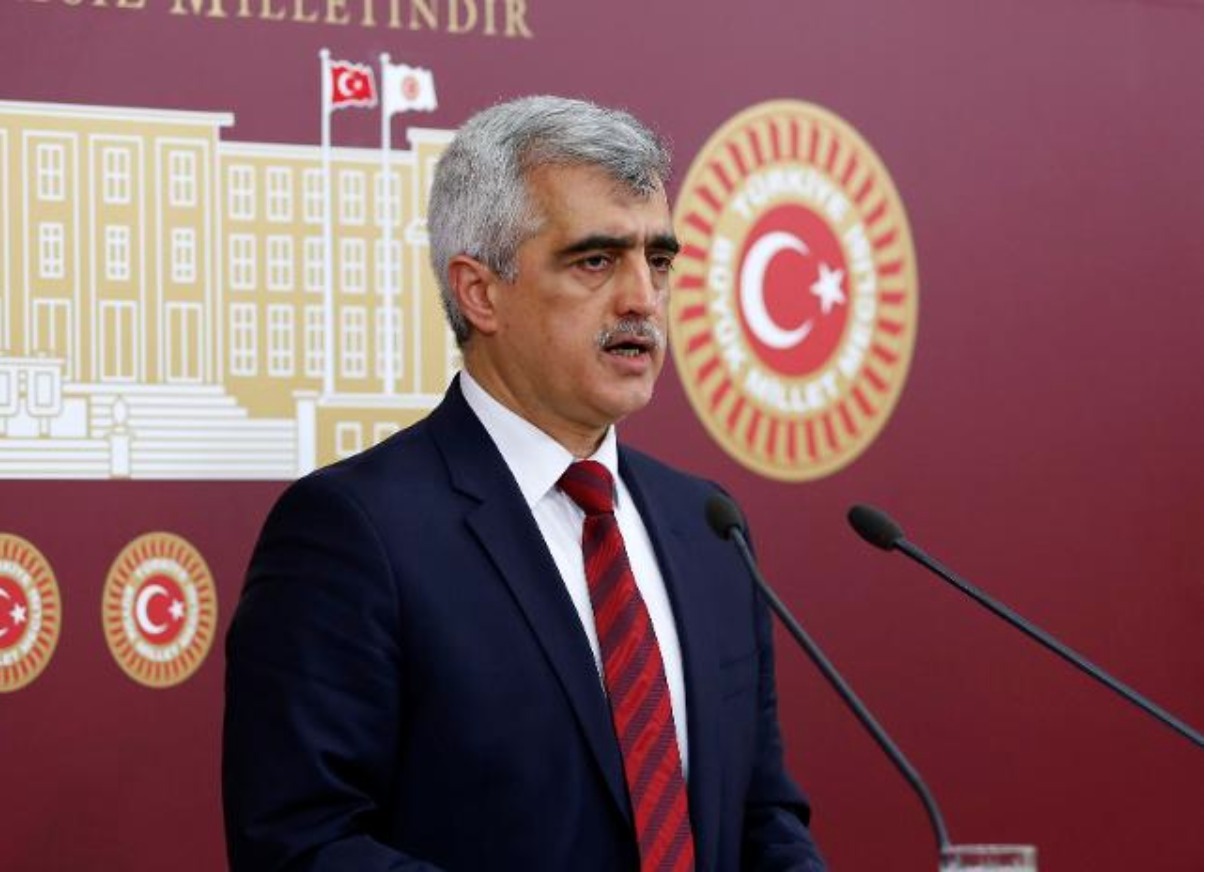Adnan Oktar and his friends are facing a thorough “conspiracy”, which is the origin of the groundless claims in the case file. With the particular support of certain circles in the media and the law enforcement, a number of methods aimed to deprive the defendants of their rights have been implemented throughout the process.
One of these methods has been various attempts to prevent the defendants from putting forward an effective defense. Regrettably, these attempts have been successful in many instances: influenced by the imaginary allegations of hostile complainants, official authorities have given numerous erroneous and illegal orders during the investigation and prosecution stages, making an effective defense on the part of the defendants extremely difficult.
Below is a list that shows how the defendants’ right of defense has been restricted, even completely eliminated at times:
- In order to prevent an effective defense on the part of the defendants, complainants who have been hostile to Adnan Oktar and his friends, and certain circles manipulating them, filed groundless complaints against some lawyers who had been representing the defendants for years, accused them of being “lawyers of the criminal organization”, and thus caused their arrest.
- In order to bully the lawyers who decided to represent the defendants after the 2018 police operation into resigning, hostile complainants posted defamatory and slanderous statements about them on social media, tagging official authorities and public institutions. They worked relentlessly to have these lawyers indicted as well for being affiliated with the alleged criminal organization.
- In order to prevent the defendants from hiring a sufficient number of lawyers to have a timely and adequately prepared defense, all assets of the defendants have been frozen.
- Adnan Oktar’s meeting with his lawyers was restricted for months, aiming to prevent him from taking an effective part in the preparation of his defense.
- Adnan Oktar’s meetings with his lawyers were taped, compromising the confidentiality of his defense strategies. This made it possible for the hostile complainants to find out about these strategies, as the case file’s content has constantly been leaked, and to shape their arguments accordingly.
- Taping of Adnan Oktar’s meetings with his lawyers made it impossible for the defendant and the lawyers to pronounce any witness names or to discuss many critical issues. Discussion of such crucial points was delayed for months, which eventually reduced the strength of his defense.
- Restrictions on meetings with lawyers was lifted when the indictment was issued. This time, however, meetings were made in unventilated, small booths, which were either too cold in winter or too hot in summer. Booth door was not allowed to be opened during the meetings, and even after the meetings, not letting any fresh air into the booth. Not used to such conditions, some lawyers felt faint during the meetings, which, therefore, were usually not productive enough. Due to the conditions which could not be endured for long, meetings were usually kept short and matters were discussed only briefly.
- Petitions and letters that the detained defendants wanted to send to legal authorities and relevant individuals as a part of their right of defense were either not sent by prison administrations at all or sent only 15 months later. This way, the defendants were largely held back from informing the public about the false allegations against themselves.
- Detained defendants were visited by a number of lawyers hired by hostile complainants, who tried to intimidate the defendants with such statements as “law does not apply to this case” and “defendants will definitely be sentenced to long years of imprisonment”. These lawyers also tried to coerce the defendants into “accepting the false allegations about them” portraying this as the only way out.
- Some detained defendants were subjected to a similar pressure by the prison staff and administrators, in an attempt to reduce the strength of the defense.
- During the investigation phase, even though the investigation file was confidential, documents were regularly and mysteriously leaked to the press, which used them in the perception operation/management launched against the defendants. All the people who have become involved in the process regarding the case have thus been desensitized to the requests and statements of the defendants.
- During the investigation phase, Istanbul Police Chief Mustafa Çalışkan and Director of Religious Affairs Ali Erbaş gave judgmental and preconceived speeches against the defendants, in such a way as to affect the trial and violating the presumption of innocence. Their statements have caused prejudice against the defendants and diminished the effect of the defense.
- During the investigation phase, under the pretense of the confidentiality of the file, the suspects and their attorneys were not allowed to have access even to those documents that, under the laws, have to be delivered if requested. This has made it difficult to prepare a defense.
- During the investigation phase, again under the pretense of the confidentiality of the file, the suspects were not informed about the charges against them. This is against the law and has made it difficult to prepare a defense.
- During the prosecution phase, under the odd pretense of “allowing only a limited number of pictures”, the defendants were usually not allowed to obtain documents and pictures related to the case file. The detained defendants were not allowed to obtain some of the documents that they wanted to use during their interrogations at the court, and they, therefore, could not give statements in the way they desired.
- With no valid reason whatsoever, letter exchanges between the defendants were sometimes prevented, and some other times, they were delivered to intended recipients only after censoring expressions of love and longing. The aim was to weaken the defense psychologically.
- With no valid reason whatsoever, some detained defendants have been deprived of their social rights at prison. The aim was to wear them down physically and psychologically, and thus to demotivate and weaken the defense.
- By means of a relentless smear campaign and perception operation carried out by hostile complainants and the media, the public has been made to believe that speaking or acting in favor of the defendants (who have no criminal records whatsoever) is a big crime.



